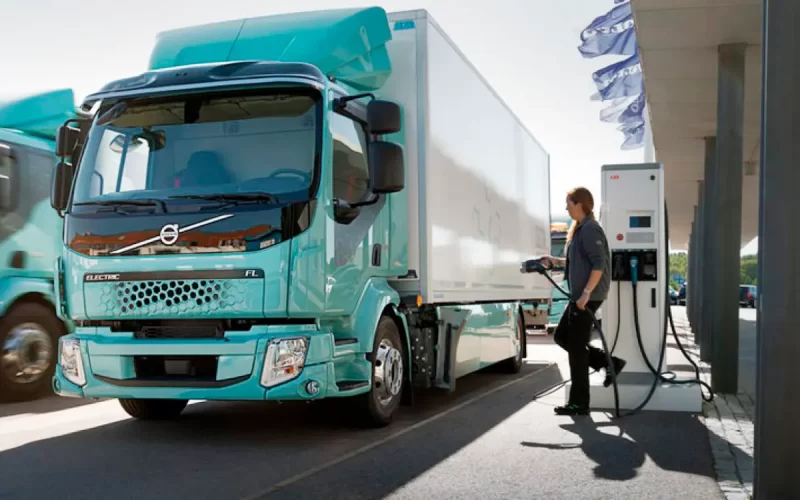It is well known that one of the most difficult sectors to electrify is long-distance heavy transport. Existing technologies do not have sufficient autonomy.
Or so affirms the Deputy Director General for Industrial Quality and Safety of the Ministry of Industry, Trade and Tourism (MINCOTUR), José Manuel Prieto.
«Manufacturers are setting earlier deadlines than those set for 2035 for electric cars, but heavy-duty vehicles, of course, have to persist longer on diesel,» he says.
This is the legislation on behalf of the European Commission. From Brussels the greenhouse gas (GHG) reductions for this specific sector are lower than for the rest.
The regulation does not aim for zero emissions, but for reductions of around 10 to 15 percent.
What is being worked on in the heavy transport sector is Euro 7. This is currently being drafted by the European Parliament, Council and Commission.
«It will give a boost in terms of stricter restrictions, even introducing new pollutants that were not previously measured,» says Prieto.
On the other hand, manufacturers are moving towards electrification of heavy transport. The sector is moving slowly but growing steadily.
The cost of trucks
«At the moment we have a serious problem of lack of economic capacity to acquire electric or more sustainable units, so we are reluctant to enter into this investment,» says Carmelo Gonzalez, President of the National Road Transport Committee (CNTC).
They have long since embarked on a process of technological renewal. They have incorporated new units and components, completely convinced that this is the future.
But they have reached a point where they do not know how to cope with the high costs of this type of segment.
It must be recognised that the renewal of the vehicle fleet is a fundamental part of working towards greater sustainability: the fleet is ageing and companies are the main stakeholders in renewing their vehicles.
For this reason, the CNTC president says: «If I had the opportunity, I would ask those who legislate to be aware that the conflict we have today is that prices are unaffordable, they are unaffordable for any company».
One of the keys is to understand that there is a generalised belief in the sector that the administrations and the political sphere have not paid attention to road transport, and at times it has even been demonised, as detailed.
Is electrification the only way to go?
During the Personalities series, organised by Portal Movilidad España, Scania Group’s Pre-Sales and Sustainability Director Alberto Linares Amarilla comments on the future goals of his company.
«There is still no technology that allows you to go long distances. But, for example, we see the fuel cell in the long term as a solution, although it is not our main focus,» he says.
Scania assumes that by 2027 or 2028 the first units will be powered in this way.
«We are firmly committed to electric vehicles for reasons of energy efficiency and cost for our customers,» Linares explains.
Another point is biofuels. «In Spain we don’t have a very strong supply of biofuels, but there are different realities in Europe and in the north. There, it is very common to put biofuels in vehicles», argues the Pre-Sales and Sustainability Director.
«In trucks it is all very recent, we are just starting, but we have very strong decarbonisation objectives,» Linares explains.
One of the solutions that are beginning to be seen are hybrid-electric vehicles in urban and regional applications that «will play a representative role».
«Technologies are appearing that can give autonomies for regional and medium-distance applications a little longer than 300 kilometres or 350 kilometres,» says Linares





















